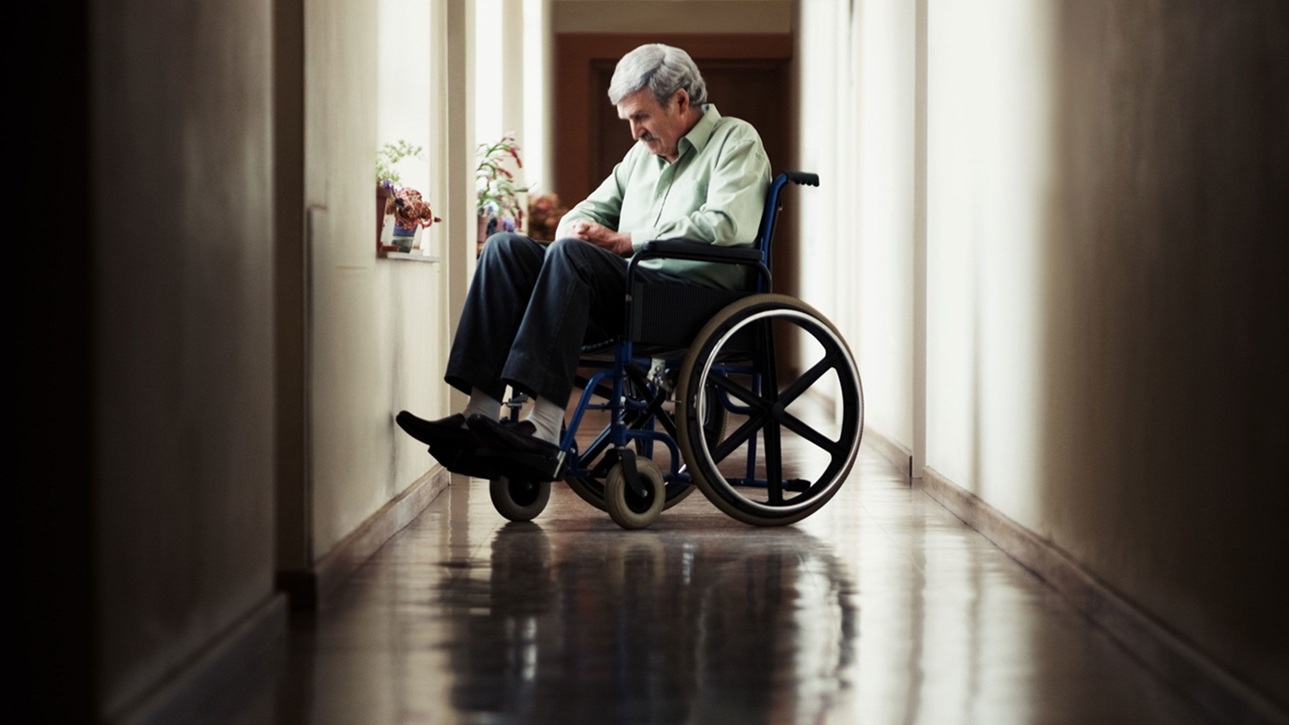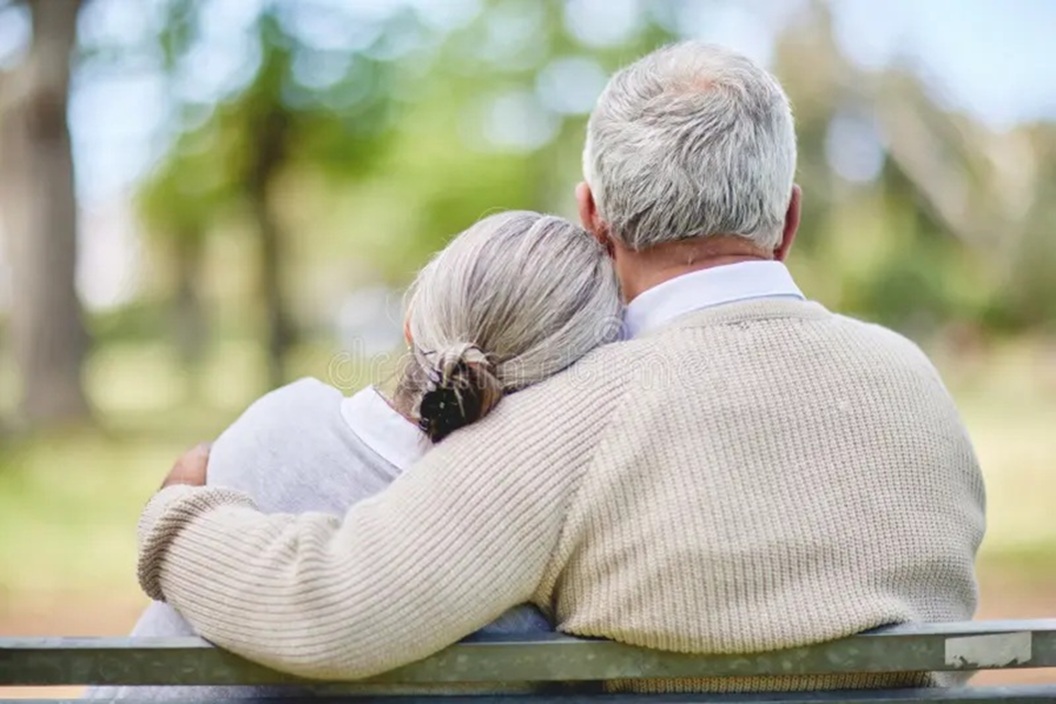Did we know that 15th June was ‘World Elder Abuse Awareness Day’? It didn’t make any headlines. Are we ignoring the Senior Citizens in our country? The nation has nearly 200 million elders.
Indian children have been told stories of Shravan Kumar, who carried his blind and incapacitated mother and father on baskets hung to a yoke. That was the level of devotion towards parents. In modern times, parents’ life expectancy has more than doubled since independence. Pensionable jobs have dwindled. Diabetes and hypertension in the elderly are rampant. Well-paying jobs are far less than the number of qualified youngsters and middle-aged individuals. Working hours are getting longer. On top of this, housing is unaffordable in large cities. Looking after aged parents has become difficult because medical care is so expensive, thanks to corporate hospitals.
Many seniors feel ignored and lonely. More disturbing issues are of abuse which the seniors have to face from their children and the spouses of their children. Sometimes, abuse is from younger siblings or even from servants or hospital staff. Property is the number one reason for abuse. Since women live longer than their husbands and are married a few years younger, they live a widow’s life for many years. In their old age, they are at the mercy of their children or nephews. Let’s examine this issue in more detail.
Senior Abuse
In legal terms, senior or elder abuse is an act of omission or commission, done knowingly or unknowingly, which results in the suffering of the seniors. Broadly, abuse can be categorised into five types:
- Physical Abuse. This is an act done intentionally, physically and is carried out to cause pain by the resulting injury/ injuries.
- Mental Abuse. This psychological abuse is to hurt the elderly on an emotional level. It can be done in many ways, like humiliation, keeping a person alone, blaming or making the person a scapegoat for any ill event, not allowing telephonic/ digital access, thereby leading to mental torture.
- Financial Abuse. In this kind of abuse, the money/ property (finances) of the elderly is at stake. This includes misappropriation of the finances of the elderly by theft, forging signatures or getting a signature on documents without proper explanation, thus causing loss. Digital and online coercion, threats are new ways of stealing money on one pretext or another.
- Negligence. This is very common in the present society. It is the failure to take necessary care of the elderly, especially if they are disabled, frail or senile. It may be done intentionally or unintentionally. It makes the seniors feel neglected and results in mental agony, or even leads to depression and suicidal thoughts.
- Sexual Abuse. These acts are not well publicised to uphold family honour. It includes an inappropriate act or even a bad touch. Showing pornographic content without their consent, threats or acts of a sexual nature, all constitute Sexual Abuse. Newer methods are being applied like sedation, intimate photography and blackmail.
The Issue of Abusing Seniors
- World View. Senior Abuse is a phenomenon seen worldwide, as per the WHO. In various studies in 38 countries, it was found that 1 elderly person in every 6 faced abuse. That is, over 15% of the population of seniors. Most cases pertained to neglect, followed by financial abuse. Abuse is seen not only at homes but also in senior care centres and hospitals. It is feared that the problem will keep increasing as the total number of senior citizens increases. In the US, two-thirds of the caregivers in senior care centres admitted to having abused one or more seniors under their care.
- Indian Scenario. The number of people above 60 years of age in 2021 was 138 million. Of this, 67 million were males and 71 million were females. As per estimates, this population of senior citizens will increase by 10.5% to reach 192 million this year. The elderly form 13.1% of the total population, and they are growing more rapidly than any other age group. After the breakdown of the joint family system and migration of population from rural areas to cities, the elderly are either left alone in villages or brought to live in smaller huts/ flats in urban areas.
- In a 2013 study by HelpAge, a prominent NGO, it was revealed that 83% of the seniors lived with their family, 11% with spouses, and 6% were alone. The study continued in 2015, when it was found that almost 50% of the elderly had faced abuse of some kind. 72% of those abused were between the ages of 60 to 69 years. 25% were those in their 7th decade and 3% their 8th decade. Those who lived with their only son and daughter-in-law faced the most abuse.
- As per a report published by the National Institute of Rural Development and Panchayati Raj (NIRDPR) in 2016, 25% of the elderly in urban areas faced abuse at some point of time in their lifetime. Most of the abusers were sons (52%), followed by daughters-in-law (34%). Most of the victims were financially poor and less educated.
- A more scientific, longitudinal study has given better insight. It was conducted in 2017-18. The study was in all states of India (less Sikkim) and had rural as well as urban representation. The prevalence of senior abuse (on the days of study) was 5%. It may be noted that in the studies by Helpage and NIRDPR, senior abuse was calculated for abuse suffered at any time in their life. Hence the variation. This study revealed wide variations in states. Bihar and Karnataka had over 12% abuse. Abuse was negligible in Nagaland, Meghalaya and Mizoram, while it was around 1% in Himachal, Goa, Puducherry and the Andaman Islands.
- An NGO opened a Helpline for Senior abuse 23 years ago in Bangalore. In the last 3 years, it received 41,343 distress calls about abuse amongst seniors. Imagine, just from one city, such a large number of seniors could muster the courage to report. Over 55% cases of abuse pertained to sons and daughters-in-law.
Reasons for Abuse in India
Changing human values and ethos are the broader issues. However, property inheritance and financing are emerging as specific issues. In addition, non-adjustment, impatience and lack of time to take care of disabled/ diseased/ those with dementia or frailty (physical weakness) are other reasons. Addictions (substance abuse) by abusers and the abused are prevalent in many households. Elderly, frail widows who are semiliterate and not well-versed in financial affairs are much more prone to abuse.
Redressal Mechanisms
Despite the many laws in the country to protect senior citizens from abuse, one retired judge of the High Court in 2013 had to approach the courts for police protection against his son and daughter-in-law. The retired judge had built a house for his only son in a nearby place, but the son and his wife continued to stay in his father’s self-built home. As per the retired judge (and his wife, both elderly), their son and daughter-in-law- law had made their life a ‘living hell’.
Imagine if a retired judge of the High Court faced such humiliation, what is the fate of other seniors? The case was well publicised. Hopefully, the police as well as the judges have now become more aware and empathic towards the seniors who are being abused. The Helplines for seniors are manned by persons who can listen and resolve grievances of the seniors.
There exist many laws for the elderly, these are as under:
- The Maintenance and Welfare of Parents and Senior Citizens Act, 2007. As the name suggests, this act protects the rights and interests of the seniors. It lays down laws which ensure that the seniors can live a life with respect and dignity. The Magistrate can impose a fine or even imprisonment on defaulters.
- Bharatiya Nagarik Suraksha Sanhita, 2023. This act ensures that children look after their parents who cannot fend for themselves. It gives the Magistrate the power to order the children to pay a monthly sum of money for maintenance if neglect is proved. This act also lays out guidelines for fines and imprisonment for defaulters.
- Hindu Maintenance and Adoption Act, 1956. This old Act is based on Hindu Personal Laws. As per this Act, both boy as well as girl children are responsible for maintaining their parents in old age. The children include adopted children. Financial help (maintenance) is to be provided if parents have no or/ insufficient source of income.
- Muslim Personal Law. More stringent provisions exist in Muslim Personal Law to support aged parents. The sons and daughters are bound to pay for maintenance. The mother has to be supported even if she is physically fit, but in a difficult situation.
- Government schemes.
- Senior citizens’ national helpline. Dialling 14567 between 8 AM to 8 PM, one can share their grievance on this helpline number.
- Pension and Ration schemes. Each state has launched monthly pension schemes for the seniors as well as widows. Schemes vary from state to state. Monetary benefits may be meagre, but they are an incentive for family members to keep the elderly at home. Similarly, the free rations scheme varies from state to state. However much the free/ subsidised ration may be, it does help the family budget.
- Pradhan Mantri Jan Arogya Yojana. This scheme is for the poorer section of society and provides medical care to those whose household lacks an earning member over 16 years of age.
- Ayushman Bharat Scheme may indirectly improve the health status of those who are over 70 years of age.
Abuse of the elderly is increasing rapidly due to the growing population of elders. By next year, there will be 200 million elders in India. If 5% are facing abuse at any given time, around 10 million are in a state of elder abuse. 100 million of them would have faced abuse at one time or another in their life. These figures will surely surprise the world, as just 9 out of the 195 countries have a population above 100 million! Education and knowledge of property and finance are important to avoid abuse. More important is the physical and mental health of the seniors. The food we eat and the physical activities we do in the 3rd, 4th and 5th decades of life determine how healthy we are in our 6th, 7th and 8th decades.
Conclusion
There are over 50,000 widows in Mathura who have been discarded by their families. They belong mostly to West Bengal. Their age ranges from 11 years to 95 years. As per the UP government, around 32,000 people are being given a monthly pension from UP. The rest of them have no means to survive despite government schemes. If not tackled at an early stage, this negligence can snowball into a bigger issue in a decade or two. The younger generation must treat the senior citizens or elders in the same way as they expect their children to treat them in their old age.
Title image courtesy: https://stories.uq.edu.au/
Disclaimer: The views and opinions expressed by the author do not necessarily reflect the views of the Government of India and Defence Research and Studies
Article Courtesy: https://genkris.wordpress.com/










